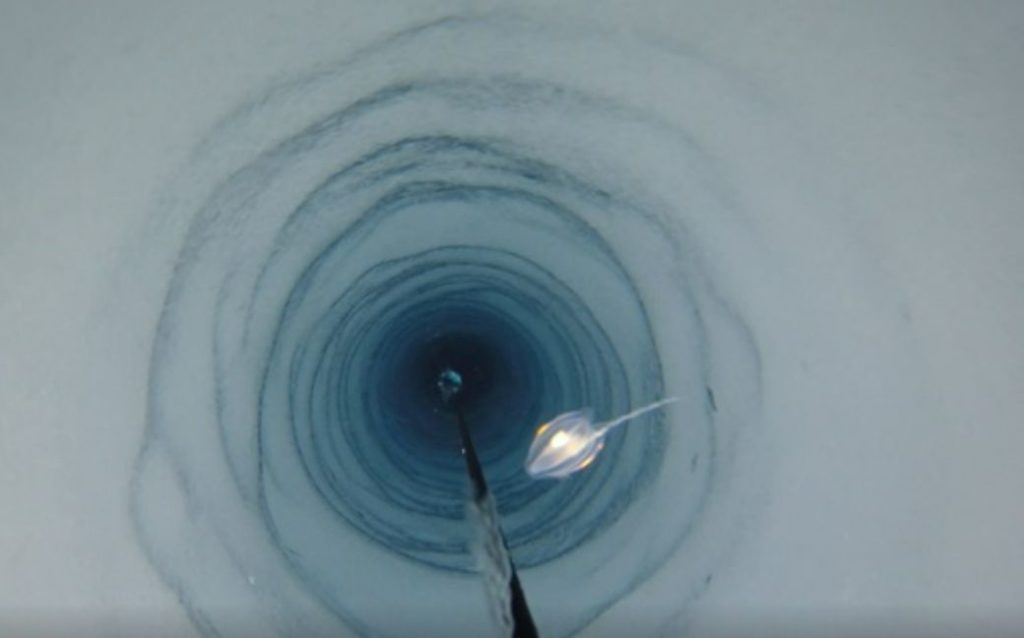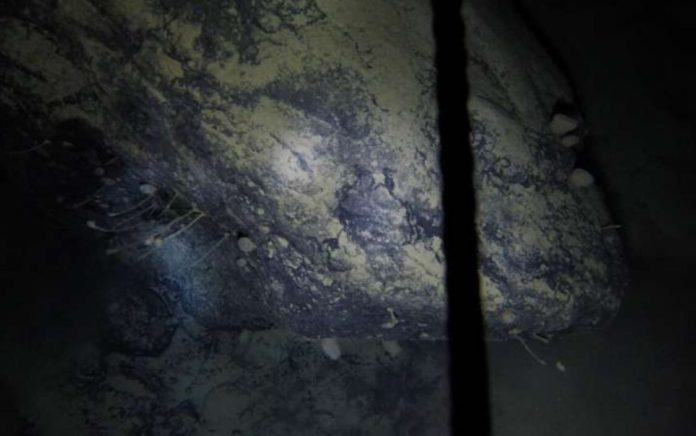Life under the ice shelf of the southernmost continent has proven to be much richer than previously thought.
An international team of scientists discovered an unexpected variety of life under the Antarctic ice shelf, which turned out to be much richer than previously thought.
According to reports, experts drilled 900 meters of ice on the Filchner-Ronn ice shelf located in the southeast of the Weddell Sea. The wells were located at a distance of 260 km from the open ocean, where complete darkness reigns in the depths and where the temperature is -2.2°C.
Previously, very few living creatures were found in such conditions, but during the observation on a boulder lying on the bottom, organisms similar to sponges and, possibly, representatives of previously unknown species were found.

Taking into account the currents in this region, experts have calculated that the specified underwater community can be located at a distance of up to 1.5 thousand km from the nearest source of photosynthesis.
During the study, scientists were expecting two “surprises”. The first was that a team of geologists, having drilled through the ice, came across a rock instead of silt at the bottom of the ocean. But the second surprised them much more: a large boulder covered with strange creatures appeared on the video of the bottom.
Past research has identified some small, mobile scavengers and predators such as fish, worms, jellyfish or krill in these habitats. And the recent find refutes earlier data on biodiversity under the ice shelf, according to which bottom organisms should have disappeared much closer to the ice boundary.
To study organisms in such a highly accessible location, polar scientists will have to find new and innovative ways.
This was reported by the Phys.org portal.
